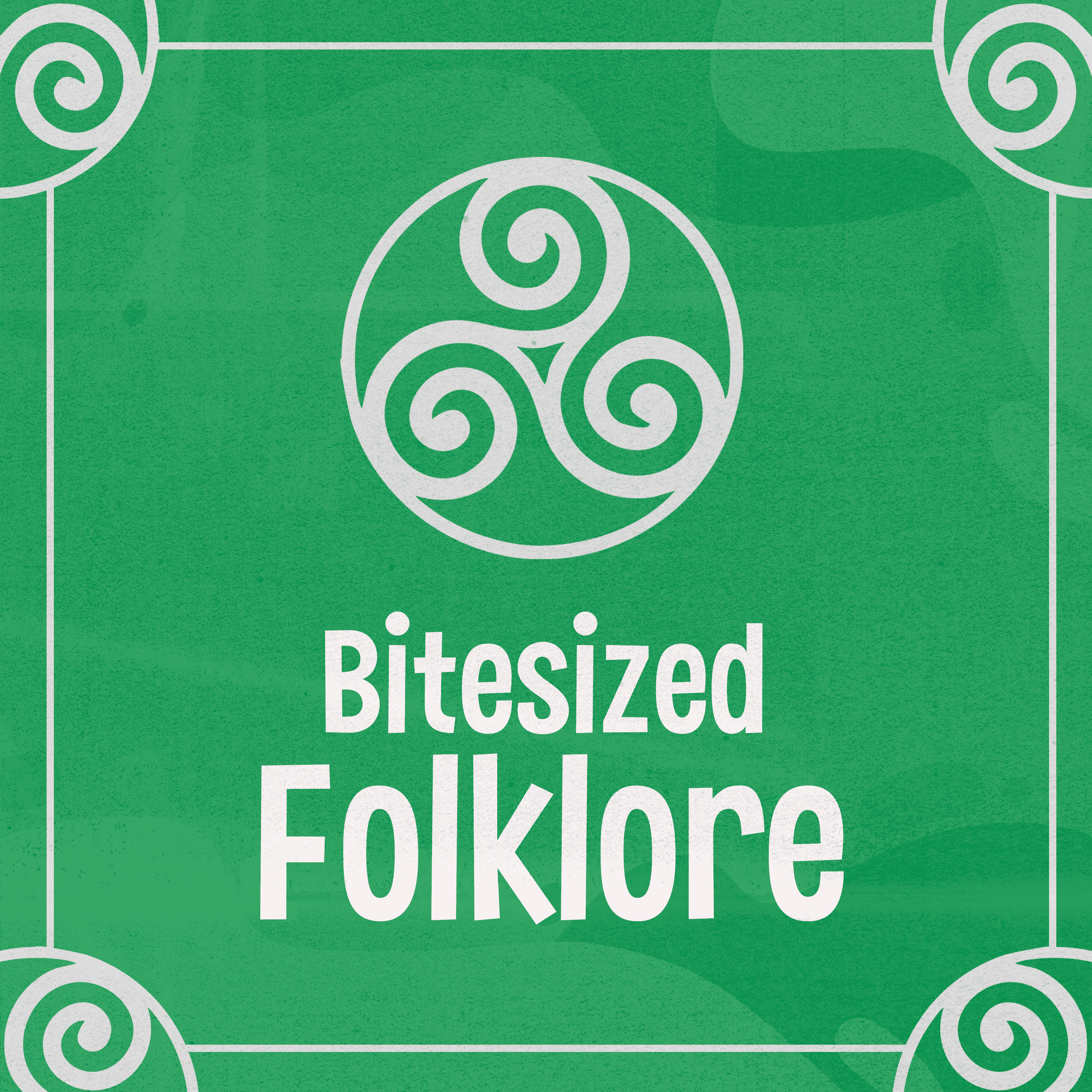Episode 13
Dive into the Deep: Legends of the Blue Men of the Minch
We’re diving deep into the mystical Minch today, folks, where the ancient sea whispers secrets and legends of the elusive blue men. These aren’t your average sea critters; they’re trickster spirits known for challenging sailors with riddles that could mean the difference between life and a watery grave. Picture this: tall, blue-skinned dudes who pop up when the sea gets all feisty, ready to throw down in a battle of wits. From tales spun by fishermen to folklore legends, these blue men have a knack for both mischief and mystery. So, grab your life jacket and a clever rhyme, because we’re exploring how these mysterious sea spirits continue to haunt the waters of Scotland and why you might wanna think twice before answering their calls!
Takeaways:
- The Blue Men of the Minch are legendary sea spirits known for their trickery and wit.
- These mystical beings challenge sailors with riddles, where answers could mean life or death.
- Unlike mermaids, the Blue Men aren't seeking romance; they're just looking for a good contest.
- Their tales arise from the stormy waters off Scotland and are unique to that region.
- Some believe the Blue Men are remnants of Norse raiders, blending history with folklore.
- Modern sightings are rare, but locals still whisper about their presence in the sea.
Transcript
Welcome to Bite sized Folklore. Short episodes with long shadows. I'm Jodie.
And today we set sail into the stormy waters off Scotland's northwest coast into a strait known as the Minch. It's a place where the sea feels ancient, where the wind carries whispers in a language older than memory.
And where, if the legends are true, something blue stirs beneath the waves. These are the blue men of the Minch Sea spirits, tricksters and tempters. And today I'm going to be telling you all about them.
Between the Isle of Lewis and mainland Scotland lies the Minch. A deep, narrow stretch of water notorious for rough weather, shifting tides and sudden storms.
For centuries, Hebridean fishmen have told of strange encounters in these waters. Tall blue skinned men, human in shape, but otherworldly in presence. Known in Gaelic as Na fir Ghorma.
The blue men are said to live in underwater caves and emerge only when the sea is restless. They swim alongside boats, climb onto decks, and most unusually, they speak in riddles, in rhymes.
And your answer might determine whether you live or whether you drown. But don't confuse them with selkies or mermaids. The blue men are not looking for love. They're looking for a contest, a challenge of wit.
One of the most well known tales of the blue men of the Minch comes from Donald A. Mackenzie. He's a folklorist who wrote in the early 20th century. A merchant ship was making its way through the Minch, the sails straining under a sullen sky.
The wind had dropped and the air was thick. There was that heavy, waiting kind of silence that sailors learn to fear. Suddenly, a voice rose from the water, low and lyrical.
Man of the black cap, what do you say as your proud ship cleaves the brine? The captain, understanding the danger and perhaps knowing the tales, didn't hesitate. He leaned over the raining and called out.
My speedy ship takes the shortest way and I'll follow you line by line. But the blue man wasn't done. My men are eager. My men are ready to drag you below the waves. And the captain boulders brass answered back.
My ship is speedy. My ship is steady. If it sank, it would wreck your caves. There was silence. The sea grew still. Then, with a splash, the blue men vanished.
The storm never came and the ship passed safely into open waters. That's how the stories go. If you catch the blue men's rhyme, you. You win your life. If you falter, you'll be dragged into the depths.
Another tale recorded in Superstitions of the Highlands and Islands by John Gregerson. Campbell tells of a rare event, the capture of a blue man. A crew of fishermen were out during a rare calm. The sea was like glass.
As they drifted, they saw something lying on the surface. A man, blue, skinned, breathing slow, as if he was asleep on the water. They rowed closer, quietly, carefully, and they roped him in.
They pulled him into their boat. His skin was cold and his lips were blue, but he didn't wake. Then the sea began to stir. Two figures appeared in the water, swimming toward the boat.
Other blue men. One called out, duncan will be one. The other answered, donald will be two. Before the fisherman could make sense of it, the captive sat bolt upright.
His eyes burned like salt fire. With a snap, the ropes fell from him like spider thread. He stood, soaking and furious, and he bellowed, ian Mor has no need of help.
Then he dove overboard. Gone in a heartbeat. The sea calmed. The other two disappeared. And the fishermen? They went straight home and told no one for weeks.
When they finally did, the village didn't laugh. They just nodded. So where do the blue men come from? One theory suggests they're a fading memory of Norse raiders.
They were tattooed or painted warriors, seen from the shore, misunderstood as sea spirits. And others claim they're descended from gods of Ireland and the Highlands, driven underground or underwater.
A more spiritual take says that they're falling angels, not evil enough for hell, but cast into the sea to roam forever. And yet, unlike meadows or sirens or selkies, there are no close parallels to the blue men in Celtic folklore. Their love of rhyme and challenge is.
Is unusual. Their behaviour, half playful, half deadly, even more so. And they seem to be entirely local to the waters around the Isle of Lewis.
That makes them one of Scotland's most unique supernatural traditions. The blue men haven't been seen or at least spoken of very much in the modern day.
But their stories survive in the voices of sailors, in the lines of old books, and in the mists that roll off the minch when the weather turns. Some locals still say if the sea goes strangely still, if the fog moves against the wind, you might hear a voice call from under the water.
Man of the black cap, what do you say? And if you do, be ready with a rhyme. It might just save your life. Thank you for joining me on another episode of Bite Sized Folklore.
If you enjoyed this deeper dive into the myths of the sea, please follow the show, leave a review and share it a friend. Until next time, stay curious, stay safe and watch the waves.




